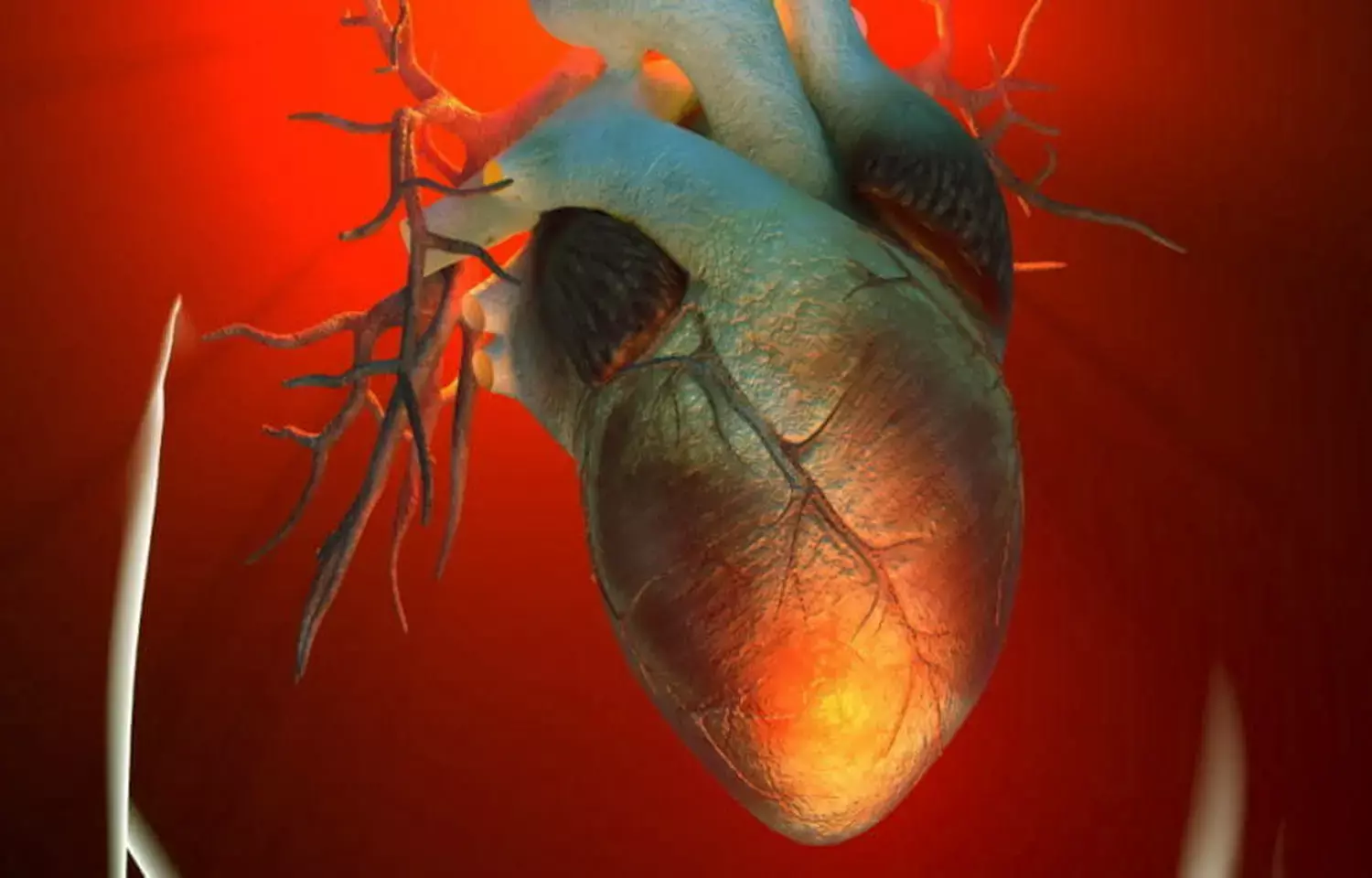- Home
- Medical news & Guidelines
- Anesthesiology
- Cardiology and CTVS
- Critical Care
- Dentistry
- Dermatology
- Diabetes and Endocrinology
- ENT
- Gastroenterology
- Medicine
- Nephrology
- Neurology
- Obstretics-Gynaecology
- Oncology
- Ophthalmology
- Orthopaedics
- Pediatrics-Neonatology
- Psychiatry
- Pulmonology
- Radiology
- Surgery
- Urology
- Laboratory Medicine
- Diet
- Nursing
- Paramedical
- Physiotherapy
- Health news
- Fact Check
- Bone Health Fact Check
- Brain Health Fact Check
- Cancer Related Fact Check
- Child Care Fact Check
- Dental and oral health fact check
- Diabetes and metabolic health fact check
- Diet and Nutrition Fact Check
- Eye and ENT Care Fact Check
- Fitness fact check
- Gut health fact check
- Heart health fact check
- Kidney health fact check
- Medical education fact check
- Men's health fact check
- Respiratory fact check
- Skin and hair care fact check
- Vaccine and Immunization fact check
- Women's health fact check
- AYUSH
- State News
- Andaman and Nicobar Islands
- Andhra Pradesh
- Arunachal Pradesh
- Assam
- Bihar
- Chandigarh
- Chattisgarh
- Dadra and Nagar Haveli
- Daman and Diu
- Delhi
- Goa
- Gujarat
- Haryana
- Himachal Pradesh
- Jammu & Kashmir
- Jharkhand
- Karnataka
- Kerala
- Ladakh
- Lakshadweep
- Madhya Pradesh
- Maharashtra
- Manipur
- Meghalaya
- Mizoram
- Nagaland
- Odisha
- Puducherry
- Punjab
- Rajasthan
- Sikkim
- Tamil Nadu
- Telangana
- Tripura
- Uttar Pradesh
- Uttrakhand
- West Bengal
- Medical Education
- Industry
Rilonacept resolves active pericarditis and prevents it's recurrence: NEJM

Cleveland: Cleveland Clinic researchers leading a global clinical trial have found that rilonacept, an FDA approved drug for other inflammatory diseases, resolved acute pericarditis episodes and reduced risk of pericarditis recurrence.
Most of the patients in the study had a rapid clinical response during run-in therapy with rilonacept and could be weaned from other therapy, including glucocorticoids authors reported.
The study has been published in the New England Journal of Medicine and presented at the American Heart Association's Scientific Sessions.
Pericarditis is an inflammation of the pericardium, which is two thin layers of tissue that surround the heart and help it function. A common symptom is severe sharp chest pain, which is caused by the inflamed layers rubbing against the heart. Pericarditis can be acute, recurrent or chronic, and often occurs after a viral infection or cardiac surgery. Recurrent pericarditis usually occurs 4-6 weeks after the first episode of acute pericarditis and often causes debilitating chest pain, physical limitations, hospitalizations and decreased quality of life.
Currently, there are no FDA approved therapies for pericarditis. Anti-inflammatories and steroids- often with harsh side effects- are used to treat the condition. The Rhapsody global Phase 3 clinical trial studied 61 patients with recurrent pericarditis, who were randomized to rilonacept or placebo. After 16 weeks of treatment, 81% of patients on once-weekly rilonacept, reported no or minimal pericarditis symptoms versus 25% on the placebo. The drug not only resolved active episodes after the first dose, but it also decreased recurrences by 96%.
All patients involved who had been taking corticosteroids tapered and successfully transitioned to rilonacept.
"Recurring pericarditis is painful and can be debilitating to those who suffer from it," said Allan Klein M.D., director of the Center for the Diagnosis and Treatment of Pericardial Diseases at Cleveland Clinic, co-principal investigator of the study, and a paid member of Kiniksa Pharmaceuticals' scientific advisory board. "The Rhapsody trial was highly successful, essentially stopping this disease, and provides a new hope for these patients."
Of the 25 safety events in the study, 23 occurred in the placebo group, while only two occurred in the rilonacept group.
Hina Zahid Joined Medical Dialogue in 2017 with a passion to work as a Reporter. She coordinates with various national and international journals and association and covers all the stories related to Medical guidelines, Medical Journals, rare medical surgeries as well as all the updates in the medical field. Email: editorial@medicaldialogues.in. Contact no. 011-43720751
Dr Kamal Kant Kohli-MBBS, DTCD- a chest specialist with more than 30 years of practice and a flair for writing clinical articles, Dr Kamal Kant Kohli joined Medical Dialogues as a Chief Editor of Medical News. Besides writing articles, as an editor, he proofreads and verifies all the medical content published on Medical Dialogues including those coming from journals, studies,medical conferences,guidelines etc. Email: drkohli@medicaldialogues.in. Contact no. 011-43720751


